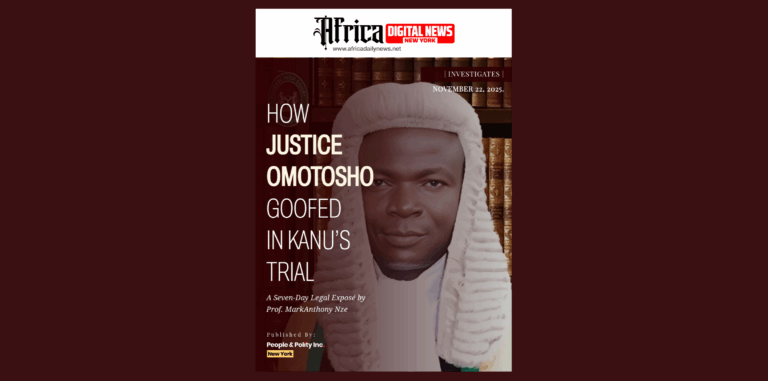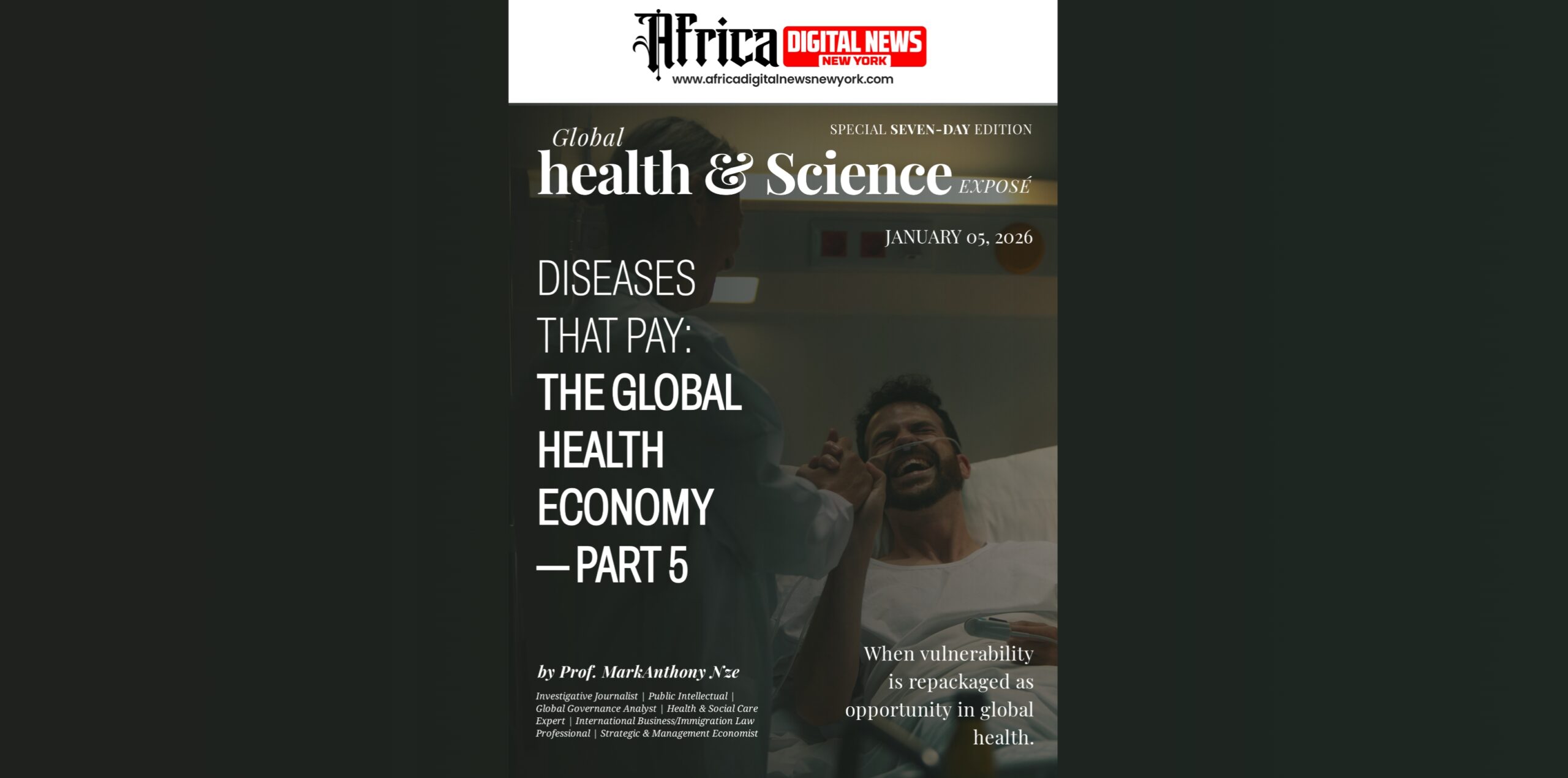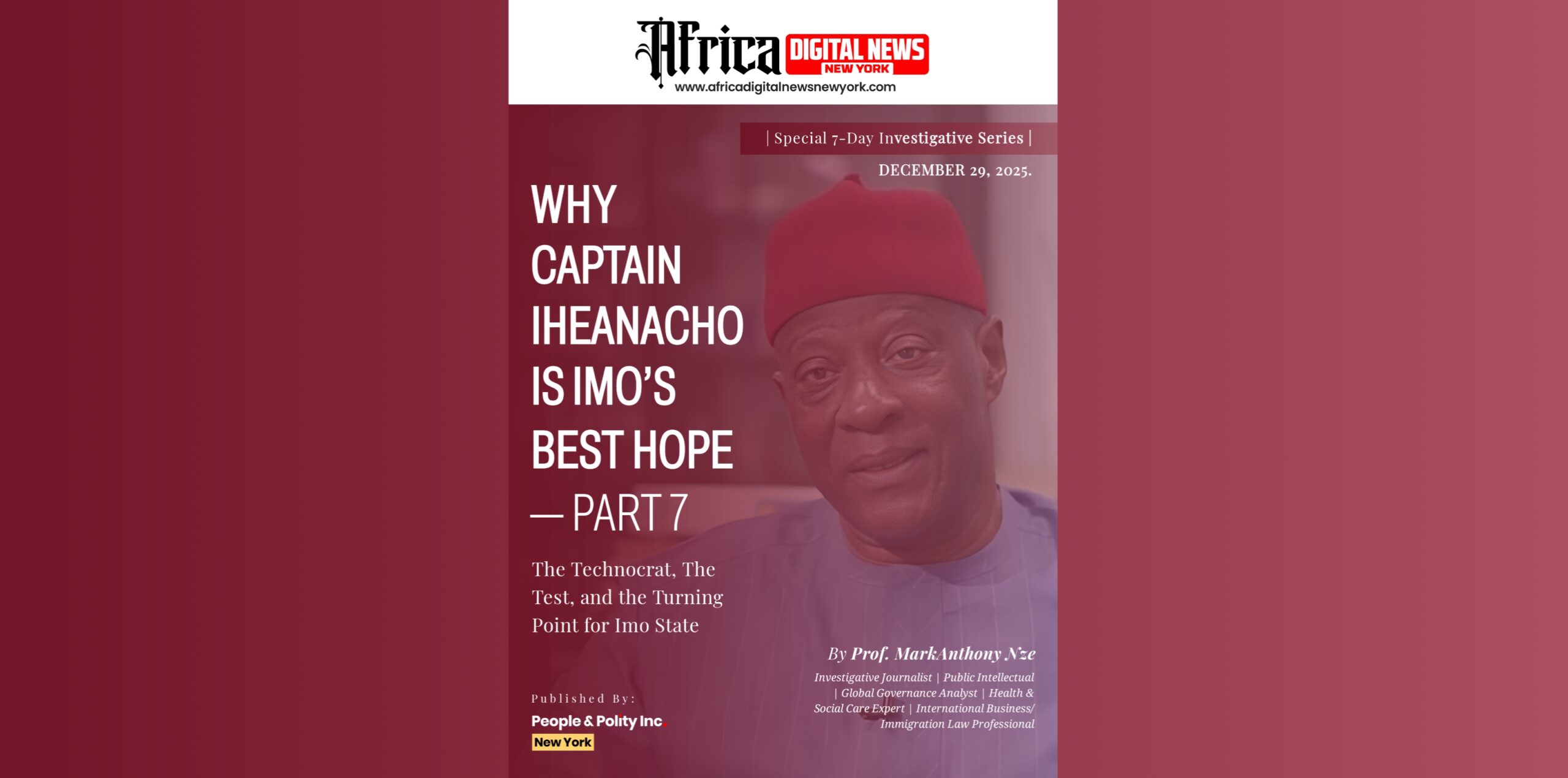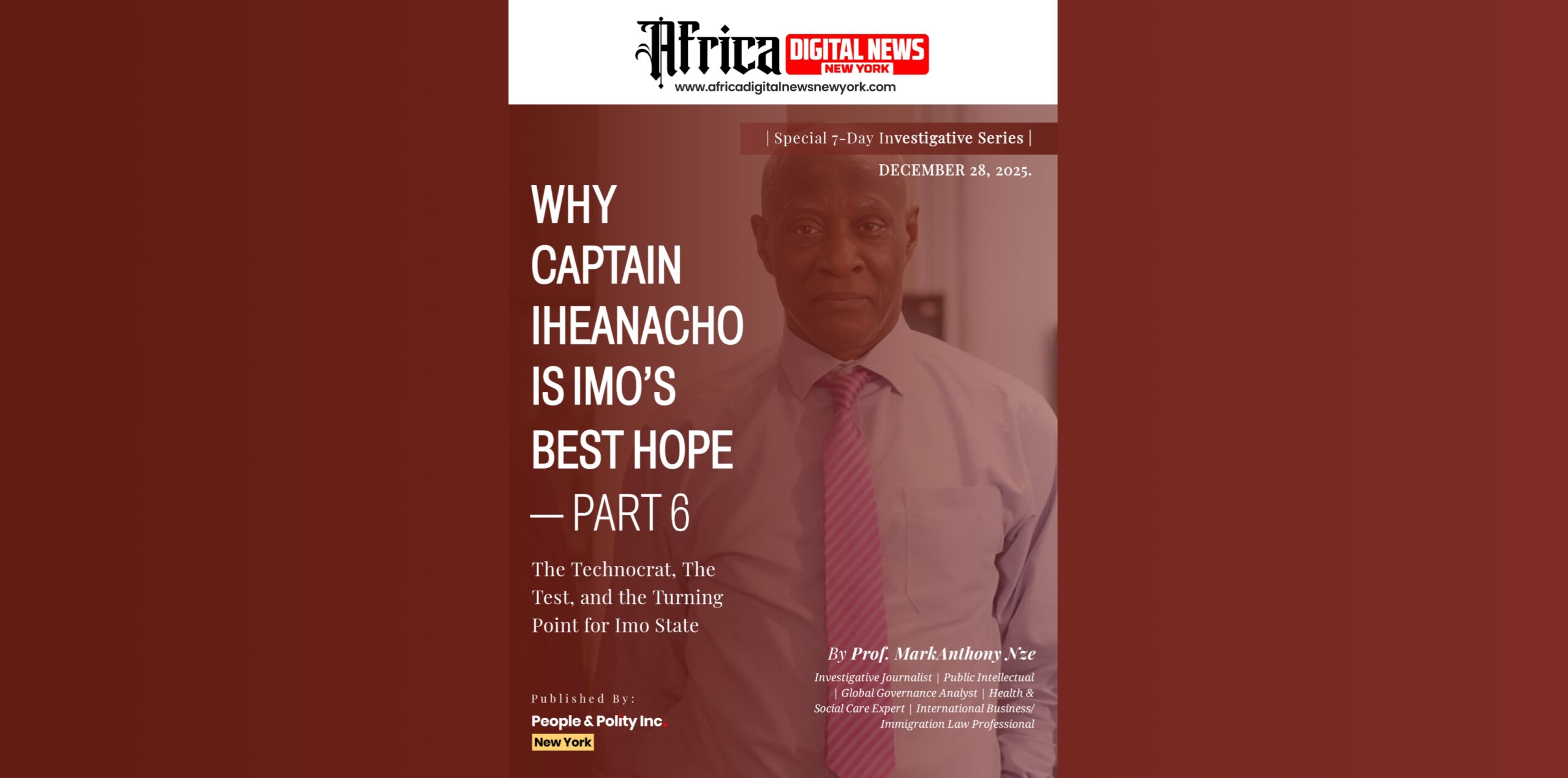A 7-Part Exposé on Law, Rights, and Judicial Integrity
Introduction: When the Bench Betrayed the Law
On November 20, 2025, the Federal High Court in Abuja presided over by Justice James Kolawole Omotosho delivered a judgment that will be remembered less for its reasoning than for its rupture of reason. In the case of Nnamdi Kanu, the court was expected to demonstrate the majesty of law over passion, procedure over politics. Instead, it showcased what happens when a judge mistakes obedience to power for fidelity to justice.
The verdict was not simply controversial; it was constitutionally careless. It read like a document written to fit a conclusion already reached elsewhere. Observers described Justice Omotosho as reading haltingly from a pre-prepared script, one that struggled to reconcile its outcome with Nigeria’s 1999 Constitution, especially Section 36(12)—the safeguard that forbids conviction for any act not expressly defined as a crime in written law. That single clause is the cornerstone of criminal jurisprudence, the firewall against tyranny. Yet in this courtroom, it was treated as optional, as though constitutional guarantees were mere suggestions.
To convict without a defined offence is not an interpretation of law; it is a violation of it. It collapses the doctrine of legality—nullum crimen sine lege—that anchors every democratic justice system from Abuja to The Hague. What emerged on that November morning was not the steady voice of the law but the echo of executive influence dressed in judicial robes.
Justice Omotosho’s performance marks a deeper ailment in Nigeria’s judiciary: a growing comfort with expedience. In recent years, too many benches have blurred the line between adjudication and choreography, between reasoned judgment and state theatre. When courts become predictable instruments of political convenience, due process turns from a shield of citizens into a costume for repression.
This seven-day series, “How Justice Omotosho Goofed In Kanu’s Trial,” will dissect that failure in full daylight.
- Day 1 – The Judgment Before the Law will reconstruct the courtroom sequence and reveal how the procedure was inverted to suit a pre-written outcome.
- Day 2 – Conviction Without Definition will examine the constitutional impossibility of the ruling itself.
- Day 3 – When the Bench Became the Script will expose how the delivery blurred judicial reasoning with political recital.
- Day 4 – The Wife’s Testimony will explore Uchechi Kanu’s allegations of impropriety and what they signify for transparency.
- Day 5 – Rights, Not Rebellion will present IPOB’s legal argument grounded in international covenants.
- Day 6 – The Global Echowill trace how lawmakers and rights groups abroad now cite the case as evidence of persecution.
- Day 7 – The Verdict on the Verdict will close with an unflinching legal audit of what this judgment has done to Nigeria’s rule of law.
This is not a campaign against a person; it is a defense of principle. The judiciary’s authority rests on restraint—on the humility to submit personal conviction to the supremacy of the Constitution. When that humility is lost, every citizen becomes vulnerable to arbitrary power.
The Omotosho judgment exposes a crisis larger than one trial: the corrosion of judicial independence by the twin acids of politics and fear. A judge who departs from law to please authority is no longer interpreting; he is improvising. And improvisation on the Constitution is treason by another name.
For seven days, we will map the anatomy of this judicial misadventure—how it happened, why it matters, and what it portends for the integrity of Nigeria’s courts. The evidence will come not from rumor but from the record: the Constitution itself, federal statutes, courtroom transcripts, and the very logic that underpins justice.
What will emerge is a story both legal and moral: that truth, once written into law, cannot be annulled by intimidation or applause. On November 20, 2025, Justice Omotosho may have pronounced a judgment, but history reserved its own—and it begins here.









